State handing dog licensing over to local towns
NORWICH – Come the first of the year, the licensing of dogs in New York State will no longer be the responsibility of the Department of Agriculture and Markets; the task will now reside with local municipal clerks.
After performing the job for more than two decades, the Department of Agriculture and Markets announced in August that local towns, villages and cities would have to pick up the tab and the duties associated with all aspects of dog licensing.
North Norwich Town Clerk Loretta L. Smith, who’s also president of the recently-formed Chenango County Municipal Clerk’s Association, said the reinvention of the group was primarily set in motion by the shifting of dog licensing responsibilities.
“This whole issue of dog licenses is what brought us all together to reform and reorganize. The issue was kind of dropped in our laps in mid-August,” said Smith.
New York State currently recommends an annual licensing fee of $2.50 for a neutered/spayed dog and $10.50 for an unspayed/unneutered dog. Of that amount, the state keeps $1 and $3 per dog, respectively, and distributes the remainder to the counties, which in turn, distribute it among local municipalities. Smith said Ag & Markets would continue to collect the associated fees to promote population control programs in the state.
Smith said the changes in responsibility would be unnoticed by dog owners in some areas and obvious to others, depending on what town they reside in. Chenango County’s 21 towns currently charge a variety of rates for dog licenses.



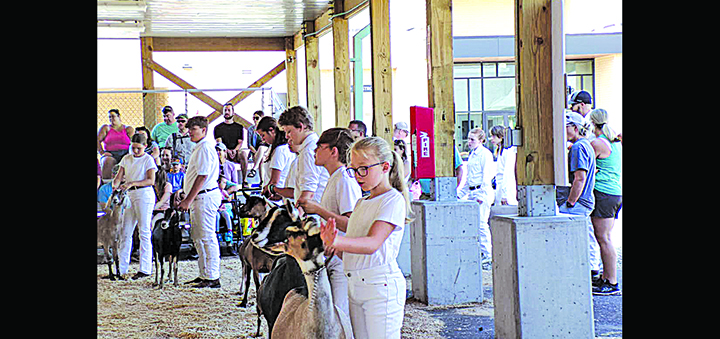
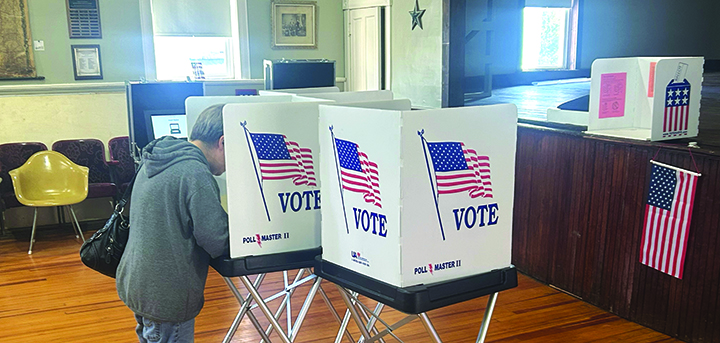
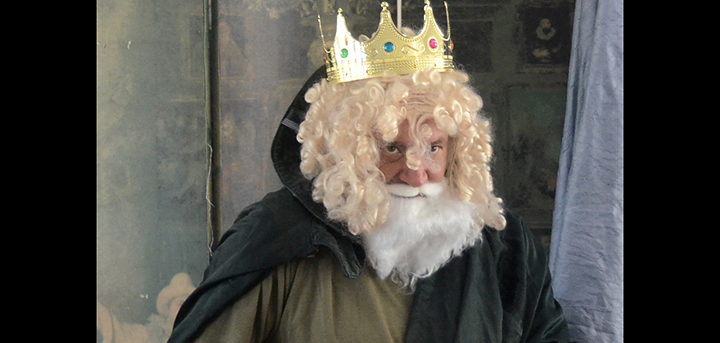
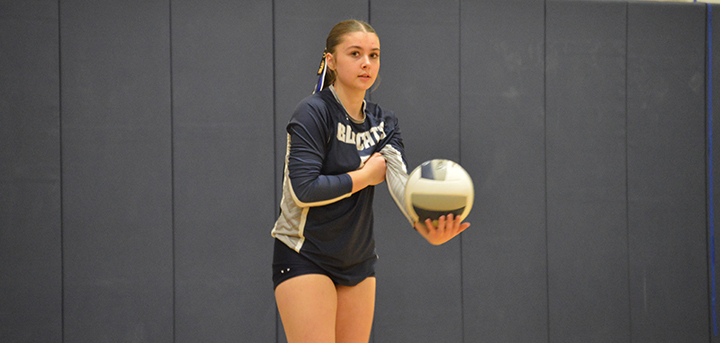
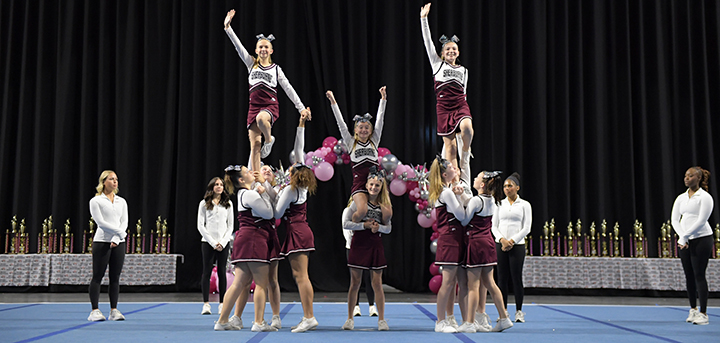
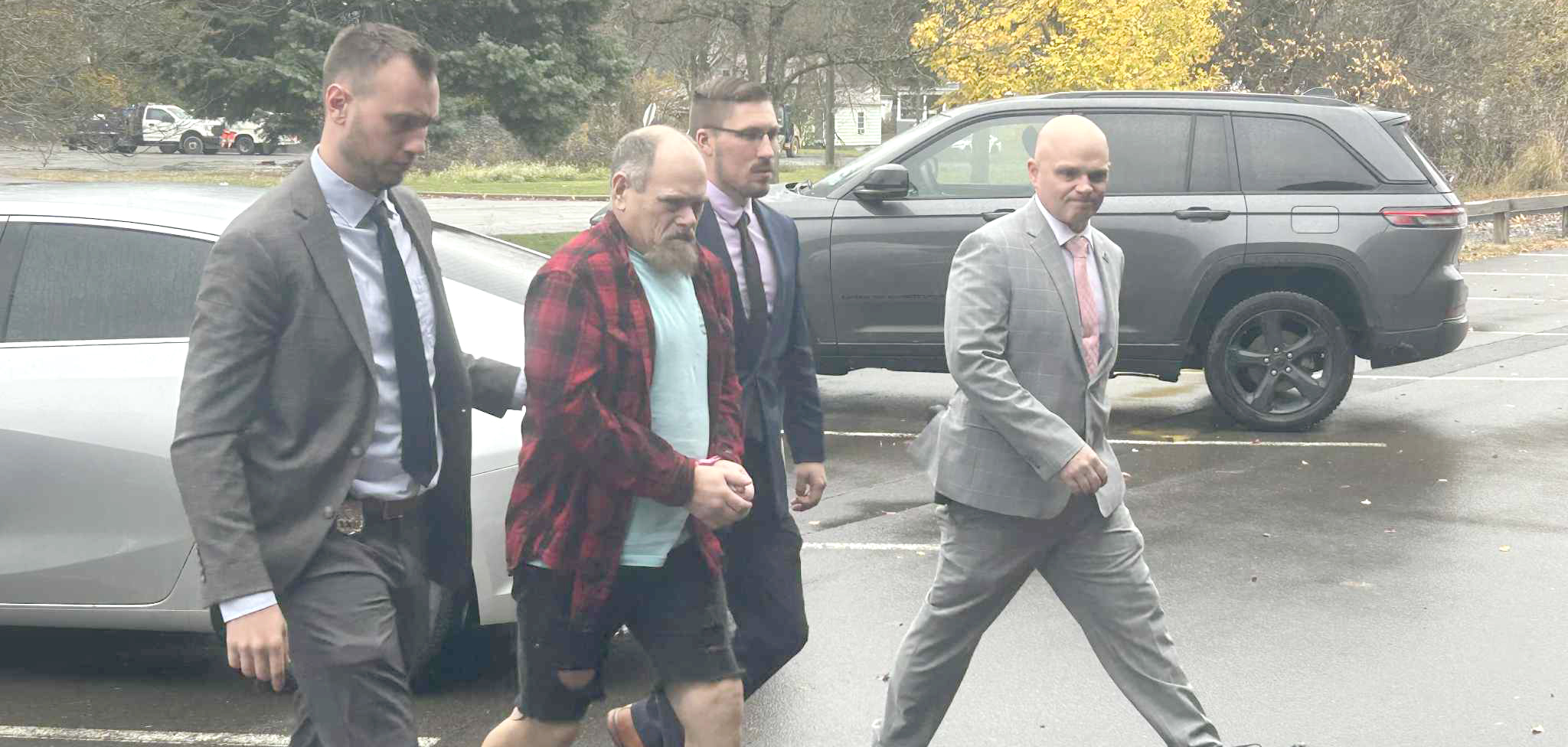
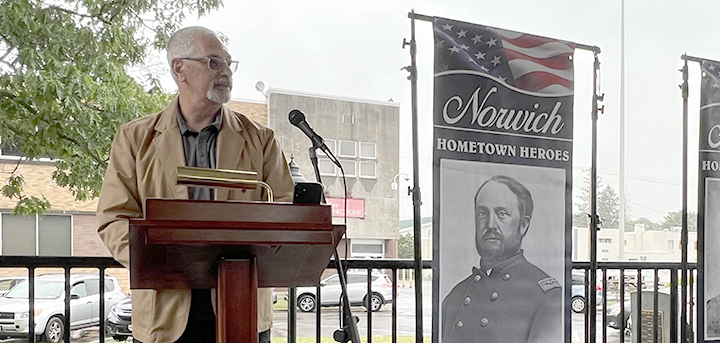
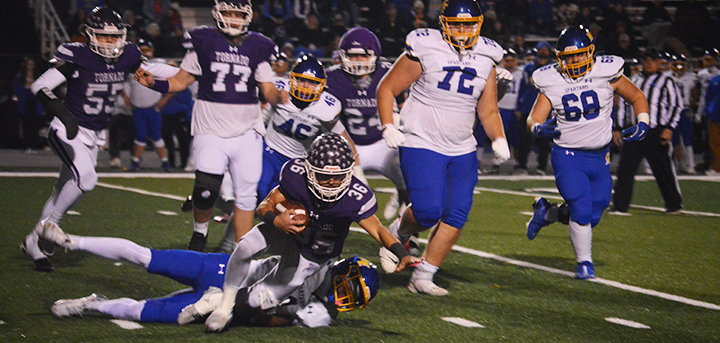

Comments